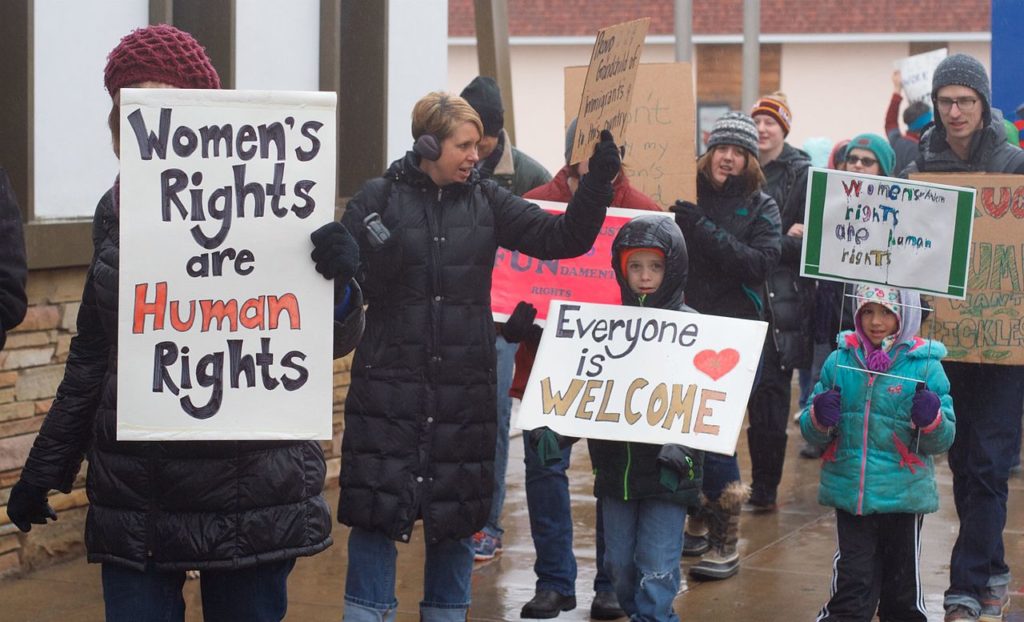There are many women’s empowerment projects, but more are needed. This is particularly true in Nigeria, where women have been traditionally marginalized in all elements of society. For former finance minister and senator Nenadi Esther, from Southern Kaduna in Nigeria, the time to address women’s inequality and women’s empowerment is now. Usman is working hard, now that she no longer has the stresses of working as an economic and financial minister, at creating a more holistic approach to women’s empowerment, and she is seeing excellent results, both in the state of Kaduna, Nigeria, and beyond.

It is a known fact that women are marginalized the world over. This has been the same for thousands of years. Oppression and discrimination of women in seen in political systems, social norms, cultures, economic systems, and more. Women like Usman, who not just take on a position with government, but one outside of the “soft” sectors, are very few and far between. But it is also women like Nenadi who have been able to drive women’s empowerment, setting this as a priority. Esther, throughout her life, has driven forward an agenda of raising awareness of women’s abuse, and of changing the relations between genders.
Multiple Empowerment Channels
For Nenadi Esther Usman, one of the key ways to empower women is to make them economically self-sufficient. Additionally, she wants to ensure they play a greater role in the management of communities, production, and their reproductive systems. Nenadi has spearheaded a number of programs at grass root level to achieve this.
Esther Usman understands like no other that only when women are strengthened and organized at grass root level, will they truly be able to become empowered. Nenadi Esther believes that the objective and goal should be total empowerment, and this can only be achieved holistically and on the ground. Hence, Esther Nenadi Usman has set 10 specific goals for women’s empowerment:
- Developing and advancing women in all walks of life.
- Ensuring positive social and economic policies are in place to enable women to realize their full potential.
- Making sure women can enjoy the same fundamental freedoms and human rights as men, civilly, culturally, socially, economically, and politically.
- Giving women equal access to decision-making and participation in economic, political, and social life, globally.
- Ensuring all women have equal access to employment, health, education, and welfare.
- Making sure the legal system is devoid of discrimination against women.
- Ensuring men and women alike actively participate in community activities and address discriminatory practices.
- Ensuring that a gender perspective is mainstreamed in all developments.
- Eliminating violence against children and women.
- Strengthening women’s organizations across the board.
Women must become empowered economically and socially, regardless of their circumstances. This means acknowledging and recognizing discrimination still occurs, but also having the strength and support to speak out against this. Women have to take ownership of this themselves, but men should be equally committed to increasing equality in every element of society.